If it happens to you, don't worry. Your belly button will probably return to normal after your pregnancy!
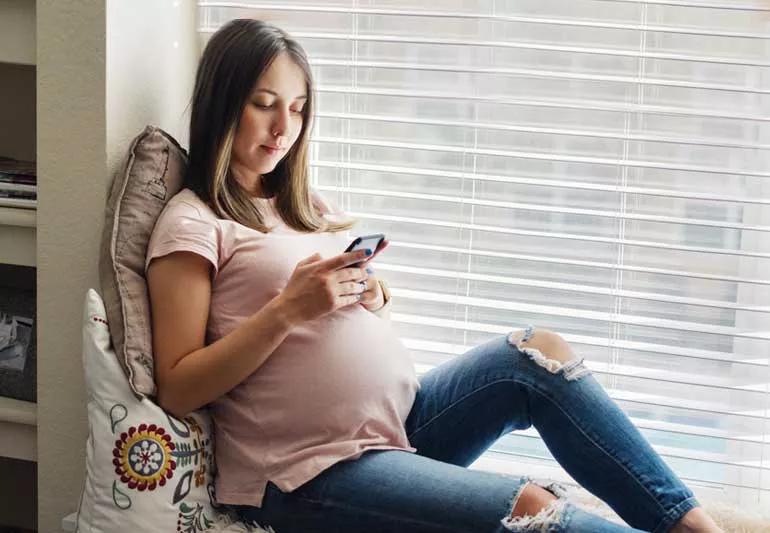
A: It doesn’t happen to everyone who’s pregnant, but sometimes a growing fetus in the uterus puts so much pressure on your abdominal wall that your normally “innie” belly button becomes an “outie.” It typically happens in the second or third trimester of pregnancy, most commonly around 26 weeks.
Advertisement
Cleveland Clinic is a non-profit academic medical center. Advertising on our site helps support our mission. We do not endorse non-Cleveland Clinic products or services. Policy
If it happens to you, don’t worry. It in no way indicates a problem. And your belly button will probably return to normal after your pregnancy.
It’s usually painless — other than when the extended belly button rubs on clothing. If your belly button becomes irritated from rubbing on your shirt or waistband, try covering it with a bandage or wearing a loose dress instead of pants.
There’s no rhyme or reason to who gets a popped-out belly button. Everyone’s body — and every pregnancy — is different.
Just don’t confuse this common condition with an umbilical hernia. If your popped-out belly button is painful or there seems to be a bulging mass alongside your belly button, see your doctor.
— Ob/Gyn Karmon James, MD
Advertisement
Learn more about our editorial process.
Advertisement
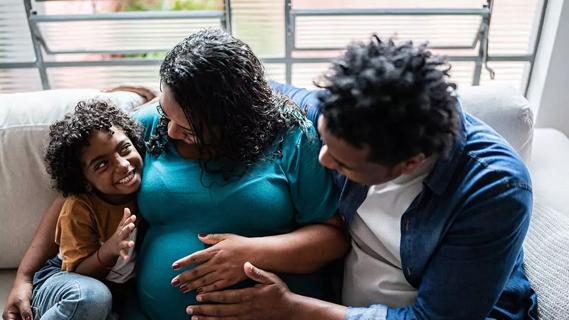
Talk with them about their new sibling early and often
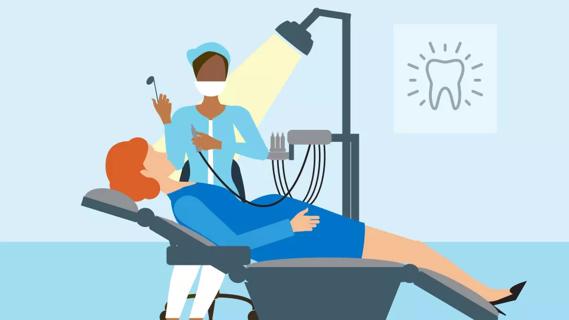
Dental care is not only safe during pregnancy, but it’s also highly recommended
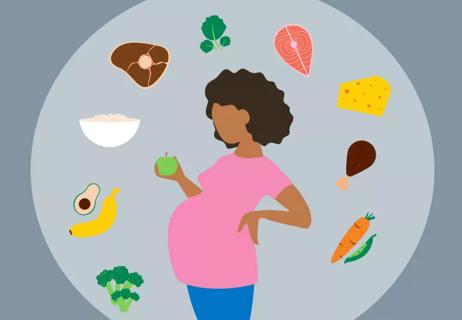
A healthy pregnancy diet includes good amounts of folic acid, DHA, calcium and more
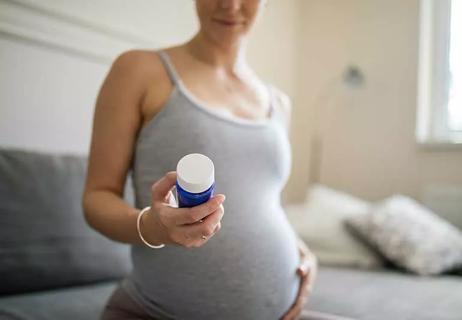
Always talk with your doctor for advice, too

Healthcare providers recommend waiting until week 13 to dye your hair, just to be safe
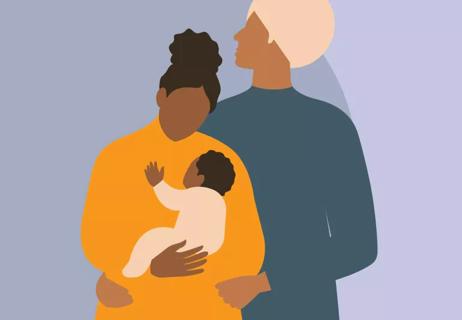
There’s only one proven way to stack the deck in favor of a boy or a girl
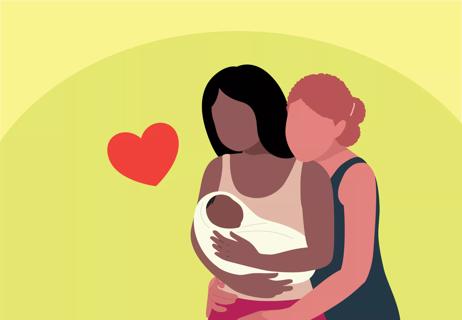
Having a baby after a loss can bring unexpected emotions

Your second-trimester is usually the best time to travel

Type 2 diabetes isn’t inevitable with these dietary changes

Applying a hot or cold compress can help with pain